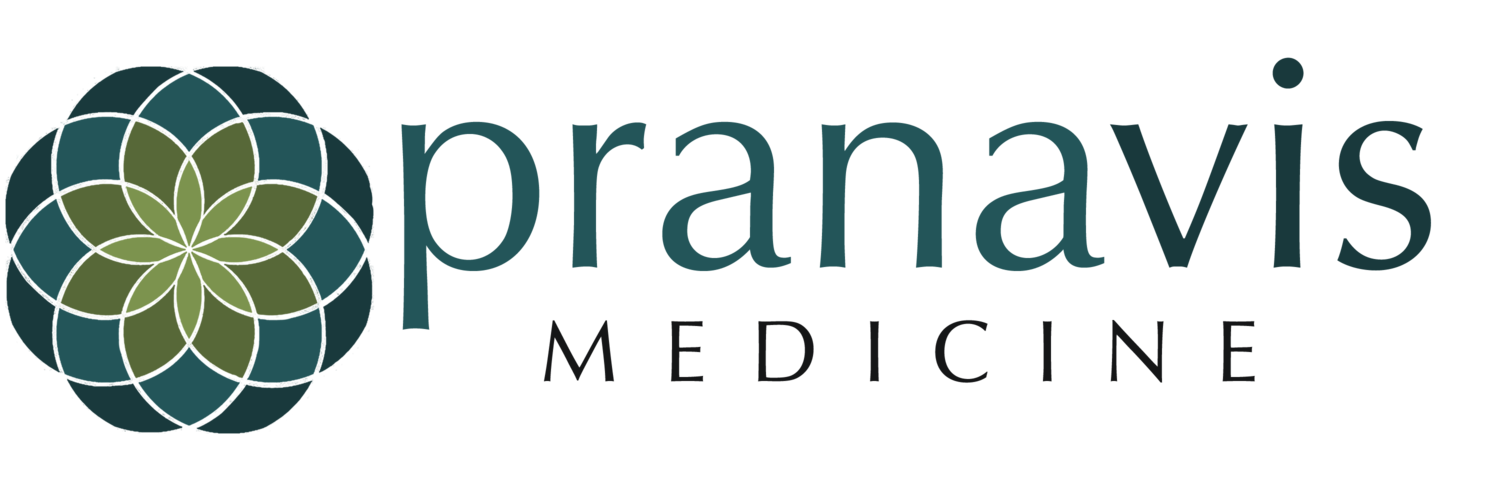What is Lifestyle counseling?
Sometimes change takes time, and packing it all into a single annual visit becomes overwhelming for everyone. Time and space, at a slower pace, where ideally, I have time to get to know you, your goals, your medical history, and any problems or points of confusion, dissatisfaction, or disenfranchisement you’ve had with your medical care. This could look like reviewing any recent lab work that wasn’t explained fully, reviewing your medications and supplements, creating a future plan for your health care, and learning how to have better interactions with the medical system. We may also spend individual sessions moving forward on important, research-backed topics in preventive and lifestyle medicine. This may include discussing and problem-solving around:
sleep
physiologic and emotional sources of stress
circadian rhythm disruption
exercise and sustainable movement
what, when, and how you’re eating
what hormonal balance actually means
social connections and sexual health
creative outlets
time management and screen use
structural limitations to receiving quality care
Homework and educational materials such as articles, book recommendations, podcasts, or demonstration videos are shared for each session. The invitation is for you to learn and live with new ideas, try them on, and see if they help develop sustainable healthy habits. Individual sessions may also include practical teaching of yoga, breathing, or relaxation techniques.
I am certified in Neurogenic Yoga and Tension/Trauma Releasing Exercises (TRE™) and offer individual private instruction of these techniques.
I operate from a trauma-informed background, assuming trauma is in the room because, statistically, it is. Medical care should be trauma-informed, and most people are having negative experiences because it simply isn’t, either in the conventional system or alternative system. Please note: I am not yet therapist (I’m working on it!) and feel comfortable referring out, especially for trauma-specific therapy, where it is appropriate. It’s next to impossible to do this work without touching on the past, but one way to think about “counseling vs. therapy” is “now vs. the past.” We’ll largely be looking at your life now.
